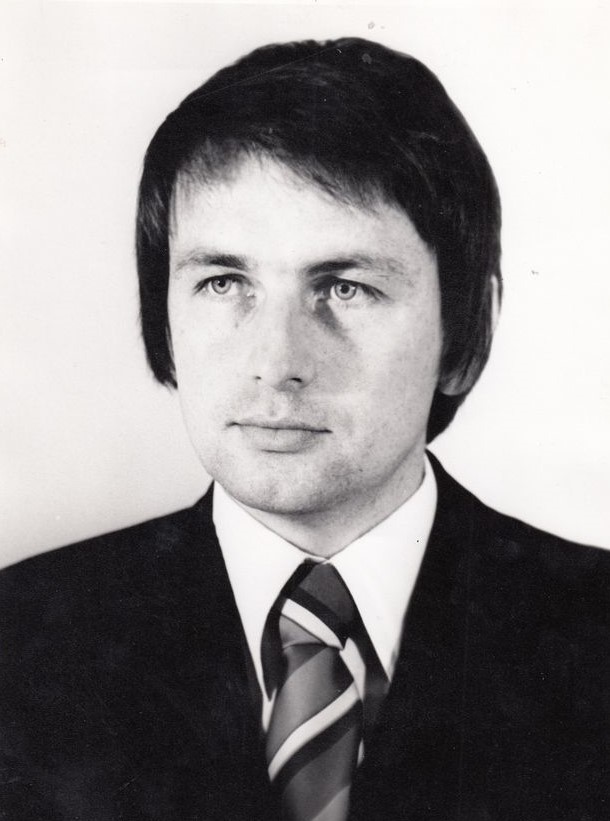Under the guise of a diplomat, he worked as a deputy resident of the New York counterintelligence

Stáhnout obrázek
Ladislav Kubizňák was born on 2 November 1949 in Jaroměř into a family of a nurse and a traffic inspector. He spent his childhood mainly in Broumov. He first apprenticed as a blacksmith in Hradec Králové, then went on to study at the Secondary Technical School in Náchod, where he graduated in 1971. Then he went to Prague to the University of Economics, from which he graduated in 1976. During college, he went to Tallinn, Estonia, in the then Soviet Union, for a study stay. There he met his future wife Natalia. They married in 1974 in Tallinn and then settled in Prague. After graduating from college, he worked on the district committee of the Socialist Youth Union (SYU) in Prague 4. He could put off his military service three times, finally completing it in Kdyně in 1977-78. After returning from the military service, military intelligence took an interest in him, but he eventually joined counterintelligence. In 1985, among other things, he accompanied the then Crown Prince Naruhito of Japan on his unofficial visit to Prague. In September of that year, he was sent as a diplomat to New York. He remained in New York until February 1990. Before that, he had arranged Václav Havel‘s first visit to the USA. In 1991, he was officially dismissed from the secret service for organizational reasons. In the 1990s, he worked at Tesla, after which he was a director of an investment fund. For several years he worked for the CzechTrade agency.































